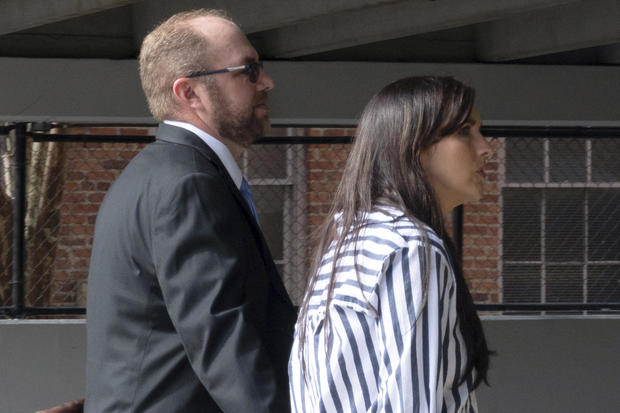The COVID-19 pandemic brought immense suffering and hardship for people around the world. However, for some unscrupulous individuals, it was seen as an opportunity to enrich themselves through fraud and deceit. They stole billions of dollars in government relief funds intended to help businesses and people severely impacted by the economic effects of the pandemic.
Thieves living the high life with stolen COVID funds
A recent Associated Press investigation found that potentially over $280 billion was plundered from the $4.3 trillion in government COVID-19 relief spending. The money ended up funding luxury lifestyles for criminals. They spent the stolen cash on extravagant items like high-end watches, sports cars, expensive jewelry, private island getaways, gambling sprees, and strip club nights.
Patrick Parker Walsh used nearly $8 million in fraudulently obtained relief funds to help purchase Sweetheart Island, an uninhabited two-acre island off the Florida Gulf Coast. Lee E. Price III blew through $233,000 to buy a Lamborghini SUV. Another fraudster, Vinath Oudomsine, spent almost $60,000 on a rare Pokémon card.
The brazen manner in which these criminals misused funds intended to help people and businesses in need represents a massive betrayal of public trust. It illustrates the importance of oversight and preventative measures to ensure relief funds served their intended purpose.
Exploiting Lax Safeguards
According to fraud experts, the government’s focus on quick disbursement of relief funds led to relaxed safeguards. This allowed criminals to easily exploit the system. Many perpetrated simple frauds by using fake or shell companies to apply for aid. Others, like New York doctor Konstantinos Zarkadas, falsified numerous pandemic relief applications to obtain almost $3.8 million.
The scale of the fraud has overwhelmed law enforcement. While over 3,200 defendants have been charged so far, investigators estimate they won’t catch every criminal due to the massive number of cases. However, the Justice Department has made prosecuting relief fraud a top priority. They’ve created special strike forces and vowed to continue pursuing cases vigorously. Tougher screening processes and audits could help recover additional stolen funds and prevent future abuse.
Using COVID Funds for Personal Gain
The AP review revealed audacious and absurd ways criminals funneled relief funds for personal use. A former Nigerian official was found with a $10,000 watch and $35,000 gold chain when arrested for stealing over $500,000 in aid. A Tennessee rapper used a YouTube video to boast about easily stealing $700,000 in fraudulent pandemic unemployment claims.
Patrick Walsh tried to save his struggling aerial advertising business with government loans. But he went far beyond eligible amounts, submitting over 30 fraudulent applications totalling $7.8 million. His crimes were blatant as evidenced by using the money to help buy an island, undisclosed luxury items, oil fields, and a Wyoming vacation home. When sentenced to over 5 years in prison, the judge called Walsh’s actions “egregious and the product of greed.”
Criminals Undeterred by Consequences
The swift and severe penalties handed down to convicted relief fund thieves highlight the seriousness of these crimes. But they don’t seem to be deterring perpetrators hoping to get rich quick off money meant for those in need.
With billions already stolen and the full extent of fraud yet unknown, ensuring future relief programs have proper oversight and safeguards is critical. Otherwise history will repeat itself, and criminals will again devise schemes to enrich themselves illegally while inflicting harm on truly vulnerable people and small businesses. Prompt identification and prosecution of offenders must continue alongside preventative measures to stop COVID-19 relief fraud.

1 Comment